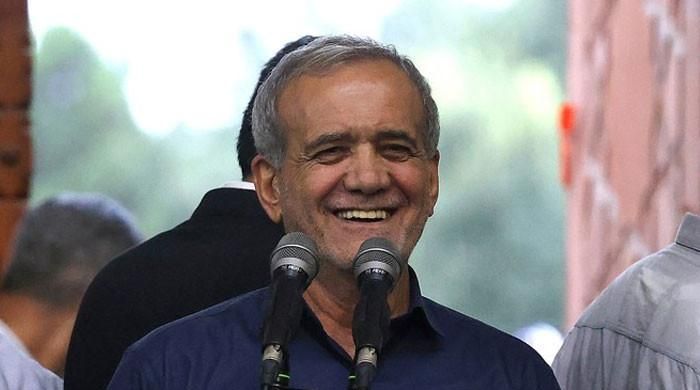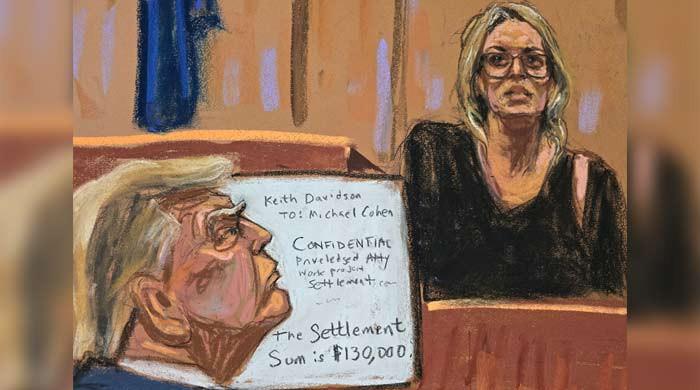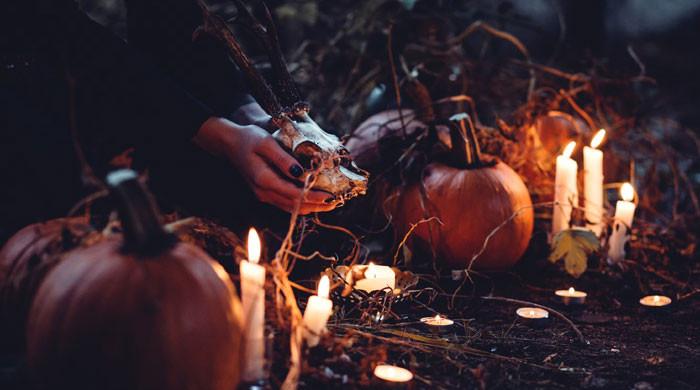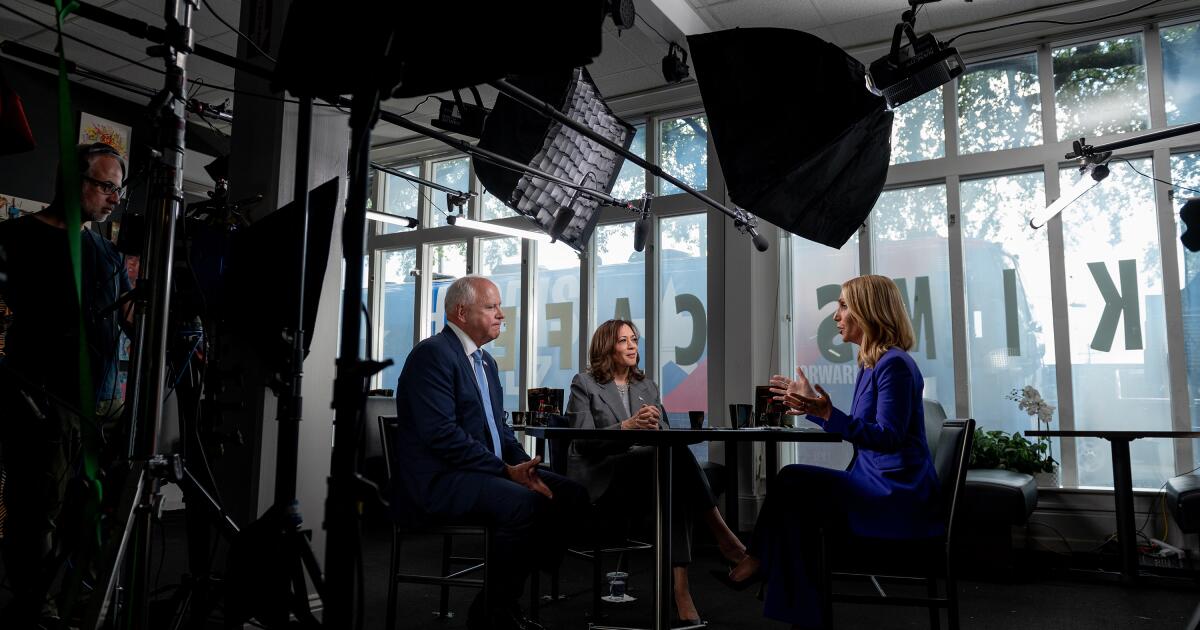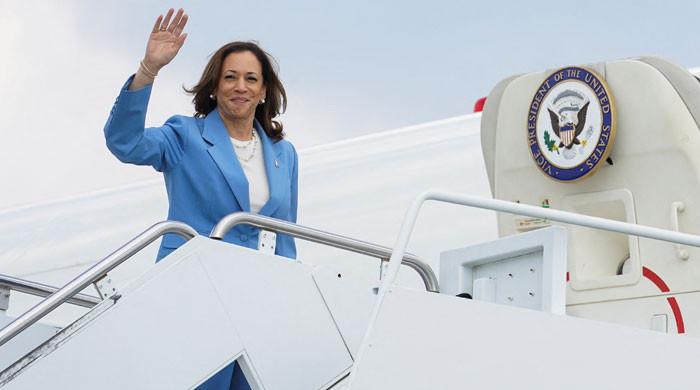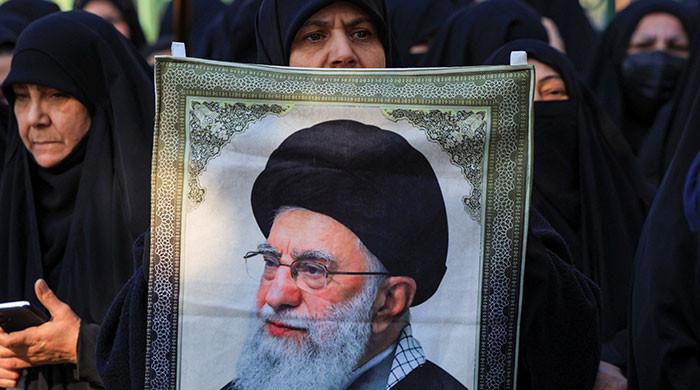Iran's President-elect Masoud Pezeshkian said he hopes to improve relations with European nations, although he accused them of failing to meet commitments to mitigate the impact of U.S.-imposed sanctions.
On July 6, Pezeshkian won the second round of elections against ultra-conservative Saeed Jalili. The 69-year-old politician has called for “constructive relations” with Western countries to “bring Iran out of its isolation” and is in favour of reviving the 2015 nuclear deal between Iran and world powers.
Washington unilaterally withdrew from the deal in 2018, reimposing sanctions and prompting Iran to gradually reduce its commitment to its terms. The accord was aimed at curbing nuclear activity that Tehran maintains is for peaceful purposes.
Writing late on Friday in English. Tehran Weather In an article published in The Washington Post, Pezeshkian said that following the US withdrawal from the 2015 agreement, European countries pledged to try to salvage it and mitigate the impact of US sanctions.
“European countries have failed to fulfill all these commitments,” Pezeshkian wrote.
“Despite these mistakes, I look forward to engaging in constructive dialogue with European countries to get our relations back on the right track, based on the principles of mutual respect and equal conditions.”
European Union spokeswoman Nabila Massrali had earlier congratulated Pezeshkian on his election, adding that the 27-member bloc is “ready to engage with the new government in line with the EU's policy of critical engagement.”
Pezeshkian is a heart surgeon whose only previous government experience was as health minister about two decades ago. The death of ultra-conservative President Ebrahim Raisi in a helicopter crash made it necessary to call elections, which were not scheduled until 2025.
Pezeshkian is considered a “reformist” in Iran, and was the only candidate from that camp allowed to run in the election, in which all contenders were approved by Iran’s Guardian Council.
Iran's supreme leader, Ayatollah Ali Khamenei, has the final say on all major political issues in the country.
Under the hard-won 2015 deal, Iran agreed to freeze its nuclear program in exchange for the lifting of crippling international sanctions. Following the US withdrawal and the reimposition of sanctions, Iran gradually began to breach its own commitments under the deal.
Parties to the 2015 Iran deal saw it as the best way to prevent the Islamic Republic from building a nuclear bomb, a goal Tehran has long denied.
European Union members France and Germany were also part of the deal, along with Britain, China and Russia. European nations tried to salvage it, but Iran accused them of inaction.

